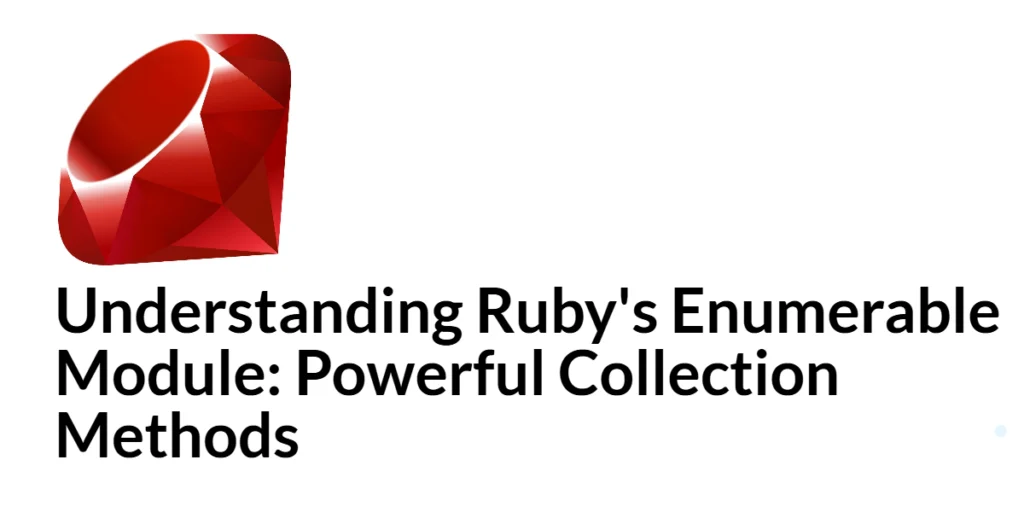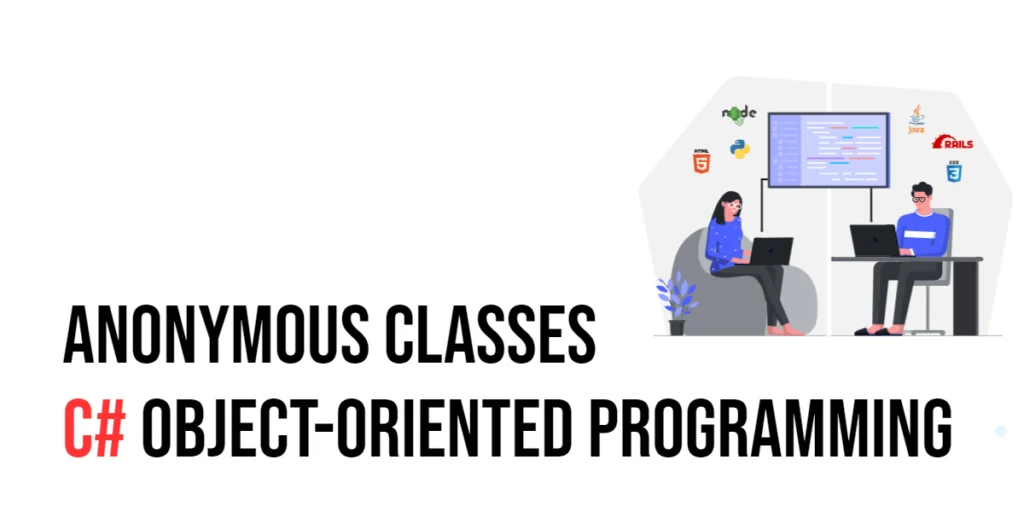The Enumerable module in Ruby is one of the most powerful and frequently used modules in the language. It provides a collection of methods that are available to classes which include it, such as Array, Hash, and Range. These methods allow for efficient and elegant manipulation of collections, making tasks like iteration, transformation, and filtering both simple and intuitive.

with hands-on learning.
get the skills and confidence to land your next move.
Understanding and mastering the Enumerable module is essential for any Ruby developer. It not only makes your code more concise and readable but also leverages Ruby’s expressive capabilities to the fullest. This article will delve into the core methods provided by the Enumerable module, offering comprehensive explanations and examples to illustrate their use. By the end of this article, you will have a solid grasp of how to harness the power of Enumerable in your Ruby applications.
Understanding the Enumerable Module
The Enumerable module provides a set of methods that can be used on any class that includes it. These methods are designed to work with collections, allowing you to perform tasks such as iteration, searching, sorting, and transforming elements in a collection. The primary requirement for a class to include Enumerable is that it must implement the each method, which yields successive members of the collection.
When a class includes Enumerable, it gains access to a wide array of methods that can significantly simplify collection manipulation. This module abstracts common patterns used in iteration and traversal, providing a consistent and powerful interface for working with collections.
Common Enumerable Methods
each
The each method is the foundation of the Enumerable module. It iterates over each element in a collection, yielding each element to a given block. This method is fundamental for implementing other Enumerable methods.
[1, 2, 3].each do |number|
puts number
endIn this example, the each method iterates over the array [1, 2, 3], printing each number to the console. The block given to each receives each element in turn, allowing you to perform operations on each element.
map
The map method transforms each element in a collection based on the block’s return value, returning a new array with the transformed elements.
squared_numbers = [1, 2, 3].map do |number|
number * number
end
puts squared_numbersHere, the map method takes each number in the array [1, 2, 3], squares it, and returns a new array [1, 4, 9] containing the squared numbers. The original array remains unchanged.
select
The select method filters elements in a collection based on the block’s return value. It returns a new array containing all elements for which the block returns true.
even_numbers = [1, 2, 3, 4, 5].select do |number|
number.even?
end
puts even_numbersIn this example, the select method filters the array [1, 2, 3, 4, 5], returning a new array [2, 4] containing only the even numbers.
reject
The reject method is the opposite of select. It returns a new array containing all elements for which the block returns false.
odd_numbers = [1, 2, 3, 4, 5].reject do |number|
number.even?
end
puts odd_numbersHere, the reject method filters the array [1, 2, 3, 4, 5], returning a new array [1, 3, 5] containing only the odd numbers.
reduce
The reduce method, also known as inject, combines all elements of a collection into a single value based on the block’s return value. It is often used for summing or accumulating values.
sum = [1, 2, 3, 4, 5].reduce(0) do |accumulator, number|
accumulator + number
end
puts sumIn this example, the reduce method starts with an initial value of 0 and adds each number in the array [1, 2, 3, 4, 5] to the accumulator. The final result is 15, which is the sum of all the numbers in the array.
find
The find method returns the first element in a collection for which the block returns true. If no such element is found, it returns nil.
first_even_number = [1, 2, 3, 4, 5].find do |number|
number.even?
end
puts first_even_numberIn this example, the find method returns the first even number in the array [1, 2, 3, 4, 5], which is 2.
Working with Custom Enumerables
You can create your own custom classes that include the Enumerable module by defining an each method. This allows your class to leverage all the powerful methods provided by Enumerable.
class CustomCollection
include Enumerable
def initialize(elements)
@elements = elements
end
def each
@elements.each do |element|
yield element
end
end
end
collection = CustomCollection.new([1, 2, 3, 4, 5])
even_numbers = collection.select { |number| number.even? }
puts even_numbersIn this example, the CustomCollection class includes the Enumerable module and defines an each method that yields each element in the collection. As a result, instances of CustomCollection can use Enumerable methods such as select.
Combining Enumerable with Other Ruby Features
The power of Enumerable can be amplified by combining it with other Ruby features, such as blocks, lambdas, and methods. For instance, you can use lambdas to encapsulate commonly used blocks of code.
numbers = [1, 2, 3, 4, 5]
square = ->(number) { number * number }
squared_numbers = numbers.map(&square)
puts squared_numbersIn this example, a lambda square is defined to encapsulate the logic for squaring a number. The map method then uses this lambda to transform each element in the array [1, 2, 3, 4, 5] into its square, resulting in [1, 4, 9, 16, 25].
Conclusion
The Enumerable module in Ruby is a powerful and versatile tool for working with collections. By providing a consistent and expressive interface for iteration, transformation, and filtering, Enumerable allows developers to write concise and readable code. Whether you’re working with arrays, hashes, or custom collections, mastering Enumerable will enhance your ability to manipulate data effectively.
Additional Resources
To further your learning and explore more about Ruby’s Enumerable module, here are some valuable resources:
- Official Ruby Documentation: ruby-lang.org
- Codecademy Ruby Course: codecademy.com/learn/learn-ruby
- The Odin Project: A comprehensive web development course that includes Ruby: theodinproject.com
These resources will help you deepen your understanding of Ruby’s Enumerable module and continue your journey towards becoming a proficient Ruby developer.







